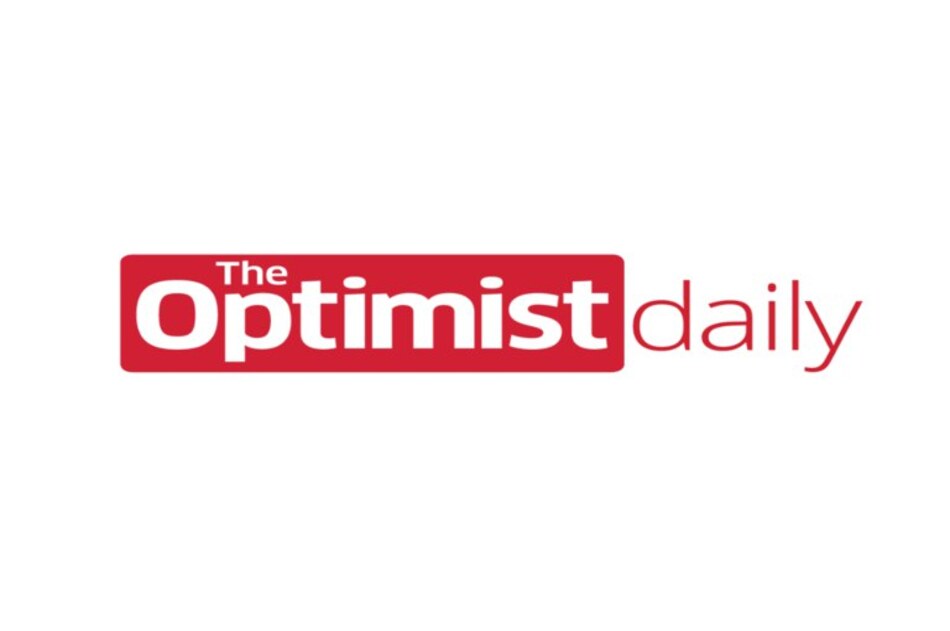Fifty years after being classified as a Schedule I drug in the US, psychedelic therapy has officially received federal funding from the government in what researchers see as a huge shift in the medical and public perception of the benefits of psychedelics.
Using psychedelics to help treat tobacco addiction
Johns Hopkins Medicine, a long-time pioneer in the field of psychedelic therapy, has been awarded a $4 million grant by the National Institutes of Health (NIH) to continue investigating psilocybin-assisted psychotherapy to treat tobacco addiction.
Most psychedelic medical research to date has been funded by non-profit organizations, wealthy philanthropists, and even for-profit companies, but evidence into its benefits for treating depression, PTSD, addiction, and other mental illnesses has finally prompted the US government to support the research as well.
Following up on the promising results of previous studies into psilocybin-assisted therapy
The grant money will go towards a three-year multisite clinical trial investigating how psilocybin can be used to help patients quit smoking. The trials, facilitated by Johns Hopkins Medicine, the University of Alabama at Birmingham, and New York University, will include day-long psilocybin sessions with trained therapists. An initial pilot study in 2014 found that with psilocybin-assisted therapy, 80 percent of participants were still abstinent from smoking six months after the trial.
The study’s principal investigator Matthew Johnson said, “Psilocybin does have very real risks, but these risks are squarely mitigated in controlled settings through screening, preparation, monitoring, and follow-up care.”











